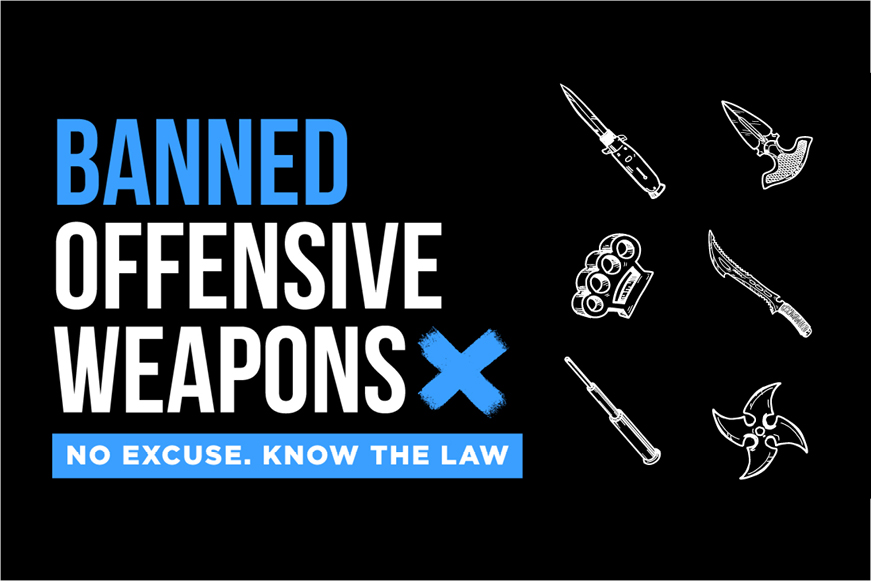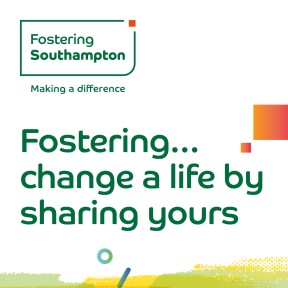Working with the police to take knives off our streets

Working with the police to take knives off our streets
Knife Crime Awareness Week from 11 to 17 November aims to raise awareness of this difficult issue, take knives off the street, and help local communities to become safer.
Knife crime is a difficult topic, but the upcoming awareness week gives people of all ages – including children, teachers, parents and everyone in the wider community – with a chance to address what is going on. Organised by Hampshire and Isle of Wight Constabulary, the initiative is called Operation Sceptre. The week of intensive action will include police visits into local schools, as well as an amnesty for those who want to drop off illegal blades into a surrender bin. It’s all about educating young people about the effect that carrying a knife can have, learning about the changes to the law surrounding zombie knives, preventing violence and supporting positive choices to stay safe.
We are committed to working with the police to keep our council neighbourhoods safe and protect communities from the threat of knife crime. If you have any concerns about this or any other crime related issues, please contact your local Housing staff for support and advice or attend your local Police And Communities Together (PACT) meeting. These regular PACT meetings take place in neighbourhoods across the city providing local residents with opportunities to raise issues or concerns with police and council officers.
Witnessed a crime or concerned about safety?
If you witness a crime taking place or you are concerned for your or someone else’s safety always dial 999 in an emergency, and to report non-urgent crime call the police on 101.
If you are worried about someone in your household or your local neighbourhood there are organisations who can offer help and support to anyone impacted by knife crime, for example the:
- Hampshire Victim Care Hub offers free, confidential support for victims or witnesses of crime
- Ben Kinsella Trust and Safe4me both offer useful support for parents and carers on how to talk to your child about this challenging issue


